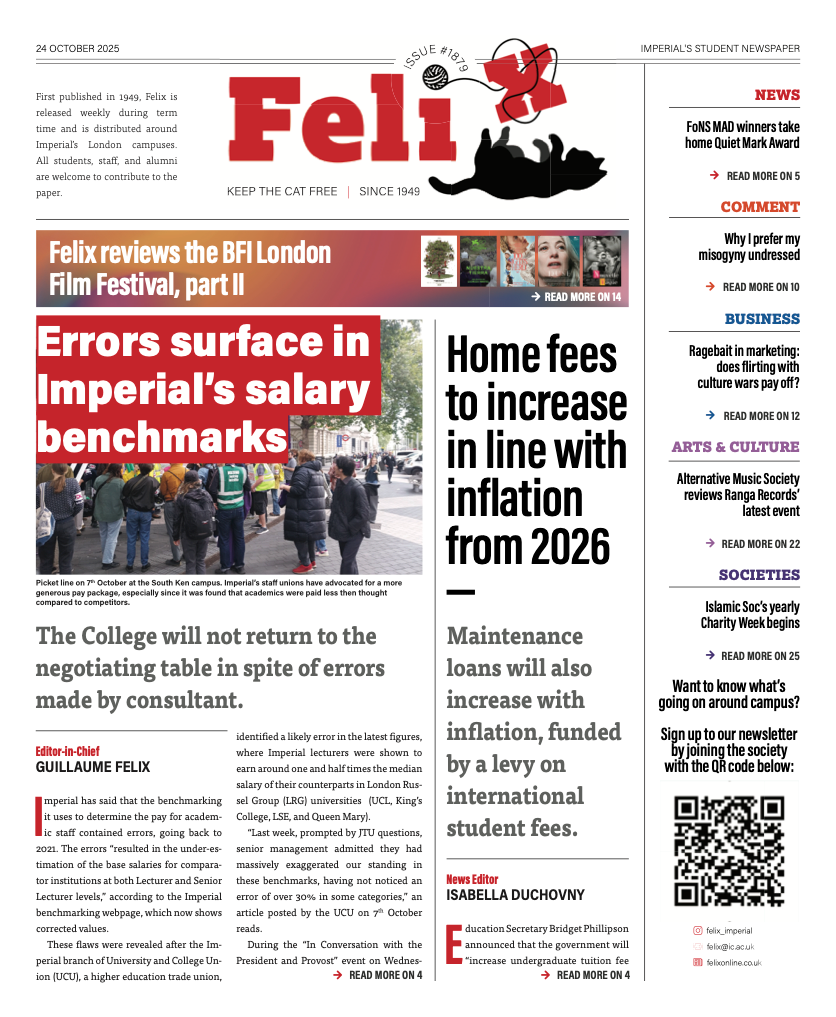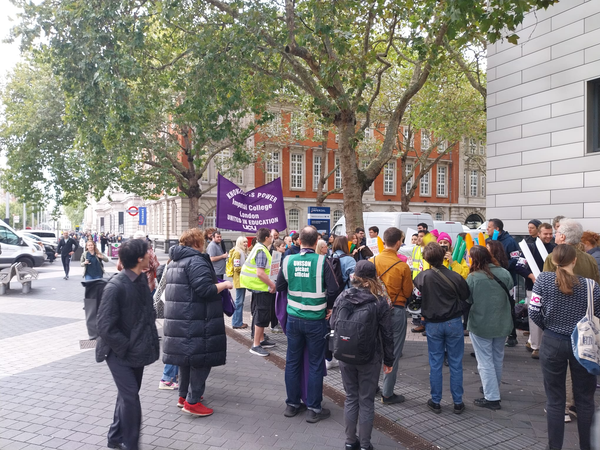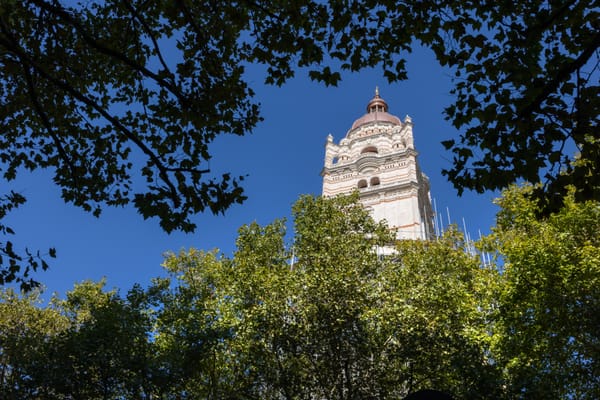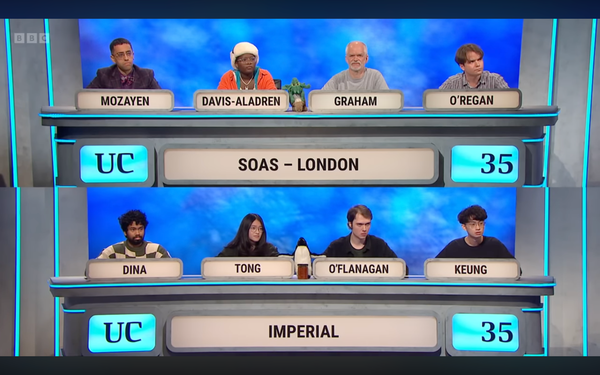Home fees to increase in line with inflation from 2026
Maintenance loans will also increase with inflation, funded by a levy on international student fees.
Education Secretary Bridget Phillipson announced that the government will “increase undergraduate tuition fee caps for all higher education providers, in line with forecast inflation for the next two academic years,” as part of a Post-16 education and skills white paper. These changes will affect current first- and second-year students.
If the fees were increased at the current rate, the fee cap would increase by around £400, to over £9,900 a year, as reported by the BBC.
The rise in undergraduate tuition fee caps will apply starting in 2026 for two years. Phillipson intends to set up legislation so that fee caps will rise automatically with inflation each year.
Maintenance loans are also set to increase with forecast inflation each year. Furthermore, Phillipson announced new targeted maintenance loans to be funded from a levy on international student fees.
International student fees are not set by the government, and can vary greatly depending on the course and university. At Imperial, these fees already increase yearly with inflation. Countrywide, it is not yet clear how the levy will affect international fees.
On 10th September, Imperial College President Hugh Brady had ruled out increasing international fees by an equivalent amount to the levy, fearing a drop in the quality of the university’s overseas student intake.
The changes in home fee caps will only affect English undergraduates, as Wales, Scotland, and Northern Ireland make their own policies.
This announcement comes after much concern from universities about funding pressures, with four in ten universities thought to be in financial deficit this summer. Tuition fees for UK home students were frozen for eight years before the increase to £9,535 for the 2025/26 academic year.

Given the frozen home student fees, universities became reliant on international student fees. However, the number of international students coming to the UK has fallen, partly due to changes to visa rules last January.
Charging full home fees will depend on “high quality teaching,” which Phillipson announced as a “challenge to our universities” to “drive out low quality provision.” The quality of higher education has in the past been assessed by the Office for Students’ teaching excellence framework, which is currently under consultation.









